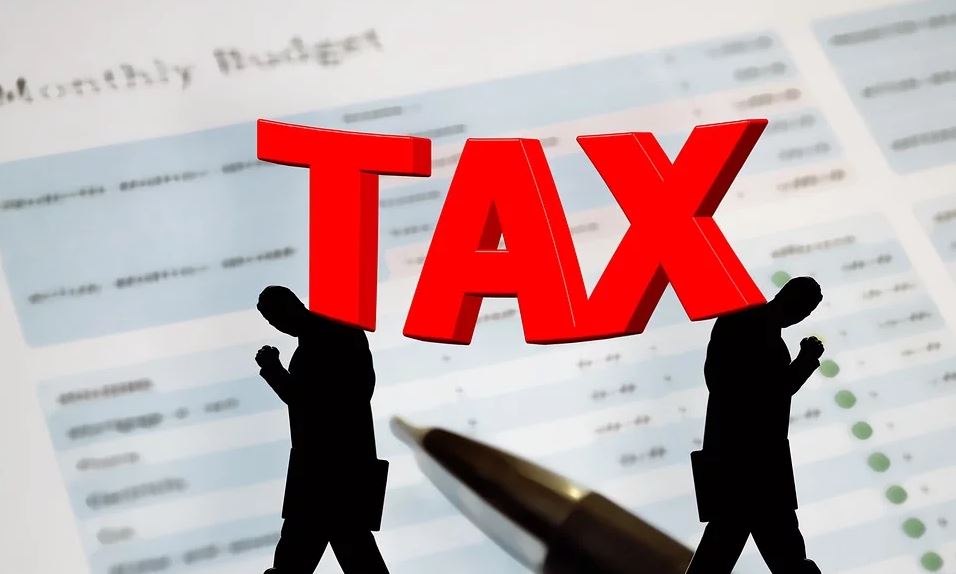Tax planning. It may not be as exciting as watching your favourite football team win the league or eating at a Michelin-starred restaurant with your friends. It’s essential, however, that you understand your tax position so you can save yourself money and avoid getting into trouble with the taxman.
 Tax isn’t just what you pay on your income through your employer to HMRC. There is a range of other taxes you may be subject to, depending on whether you’re an individual, company or other organisation. Got a rental property? You’ll have to pay tax on the rental income. Selling assets? You may have to pay capital gains tax (CGT). If you have a business, you may pay corporation tax or VAT. If you’re a sole trader, you’ll pay tax on your business profits, as well as NI.
Tax isn’t just what you pay on your income through your employer to HMRC. There is a range of other taxes you may be subject to, depending on whether you’re an individual, company or other organisation. Got a rental property? You’ll have to pay tax on the rental income. Selling assets? You may have to pay capital gains tax (CGT). If you have a business, you may pay corporation tax or VAT. If you’re a sole trader, you’ll pay tax on your business profits, as well as NI.
Tax planning helps you protect and make the most of your money and investments. But what exactly is it? Put simply, it’s working out how much tax you are supposed to pay to HMRC and minimising your tax liability using deductions, allowances, exemptions and exclusions. Many of us don’t know what allowances are or which legal methods are available to reduce our tax bill. Tax planning allows us to track how much tax we’ve paid, what we owe, or if we’re paying too much.
Not sure where to start? It may be worth speaking to your friendly neighbourhood specialist tax consultants for tax planning advice. They will be able to help you benefit by:
Minimising your tax bill
Reducing your tax liability is the most significant benefit you’ll get from effective tax planning. This includes looking at your income tax, CGT and taxes on your assets, pensions, savings and investments.
No one wants to pay more tax than they are legally required to. So, it makes sense to look into your options for holding money and assets in a more tax-efficient way.
Maximising your income
The current climate of low interest rates and economic uncertainty means it’s crucial you maximise the returns on your investments, assets and other income.
For example, if you’re investing in property, you should take into account the real tax obligations you must meet, such as stamp duty, CGT and rates. If you’ve got a portfolio of investments, you’ll need to consider short- and long-term needs, timescales and risk tolerance when calculating the return on your investment.
Estate planning
Tax planning achieves two things when leaving money to your family and heirs when you pass away. First, the less tax you pay, the more money you could leave them in your estate. Second, by planning effectively, you should be able to reduce their inheritance tax liability.
Options include:
- setting up a trust to pass on your family assets when you’re still alive or when you pass away
- making gifts to your heirs
- covering your tax bill with a life insurance policy
- using your assets to give you an income during your retirement and passing on your pension
Tax planning should be an integral part of your income and investment strategy. Review it regularly to make sure you take into account changes to your life circumstances, financial situation and tax requirements and make necessary adjustments. You may hire Sarah Ferguson tax consultant, to help you with this. The consultancy has experts to ensure that your tax planning complies with all applicable laws and regulations. Also, be able to provide advice on strategies for legally reducing your taxable income or maximizing deductions.
You may think your tax planning requirements are simple enough for you to deal with yourself. However, if you have multiple income streams, investments or simply for peace of mind, you may want to consider using specialist tax accountants. Tax regulations change regularly, and using experts can help you avoid unexpected tax bills or being investigated by the HMRC.
____________________________________________________________________
Interesting related article: “What is Tax?”

